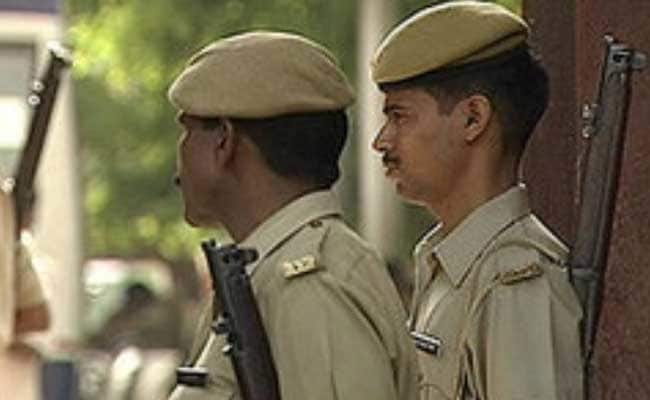Police Officers’ Association Condemns Jagan Comments
In a surprising turn of events, the Andhra Pradesh Police Officers’ Association has publicly condemned recent comments made by Y S Jagan Mohan Reddy, the president of the YSR Congress Party and former Chief Minister of Andhra Pradesh. This development marks a significant shift from the association’s previous stance, where members frequently defended Reddy’s government during its tenure.
Context of the Controversy
During Jagan Mohan Reddy’s administration, the Andhra Pradesh Police Officers’ Association played a crucial role in supporting the government, particularly in response to criticisms from the then-opposition party, the Telugu Desam Party (TDP), led by N Chandrababu Naidu. The association often found itself in the line of fire as Naidu accused certain Indian Police Service (IPS) officers of showing undue favoritism towards the YSR Congress Party.
This tension between the political leadership and the police force was palpable, with the association consistently voicing their loyalty to Reddy’s policies while disputing allegations that IPS officers were compromising their integrity for political gain.
Recent Remarks by Jagan Mohan Reddy
However, the recent comments made by Jagan have ignited a backlash among police officers, who now feel their professional integrity is being called into question. The specifics of his remarks have not been disclosed in detail, but they reportedly suggest a lack of confidence in the police force’s ability to maintain law and order, thereby undermining the credibility of the officers who once stood by him.
Implications of the Association’s Response
The condemnation from the police officers’ association is remarkable and reflects an erosion of the previously harmonious relationship between the police force and Reddy’s administration. The association’s leaders have emphasized that their professionals should not be dragged into political disputes, advocating for an independent and impartial police force.
This situation raises significant questions regarding the future dynamics between political leaders and law enforcement in Andhra Pradesh. It signals a possible awakening among police officers who may now feel more empowered to express dissent when they perceive their professional integrity is at stake.
Conclusion
The fallout from this situation will be closely monitored, as it not only pertains to the ongoing political landscape in Andhra Pradesh but also to the broader implications for police autonomy and professionalism in a politically charged environment. As the association navigates this complex terrain, it may set a precedent for how police unions and associations across the country engage with political figures.

